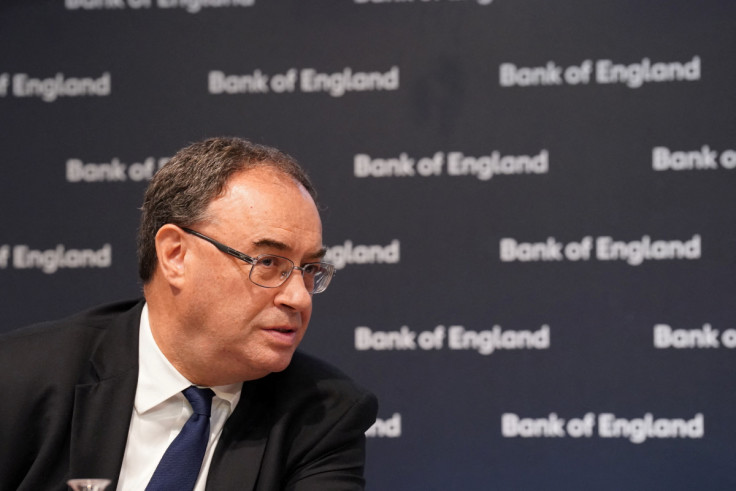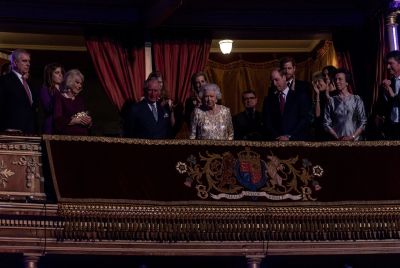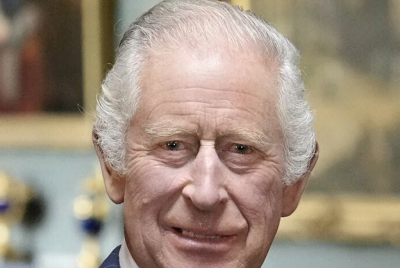UK inflation still likely to fall sharply next year, BoE's Bailey says
Bank of England Governor Andrew Bailey said on Monday that he still thought that inflation was likely to fall sharply next year, broadly in line with forecasts the British central bank presented in early May.

Bank of England Governor Andrew Bailey said on Monday that he still thought that inflation was likely to fall sharply next year, broadly in line with forecasts the British central bank presented in early May.
Bailey told a parliamentary committee that he did not expect a new set of forecasts due on Aug. 4, which BoE staff were preparing, to show a fundamentally different picture.
"I always go into forecasts with an open mind, and that's critical, but I think the basic fundamentals of that profile remain in place today," Bailey told lawmakers.
Inflation, which hit a 40-year high of 9.1% in May, was likely to be back at its 2% target in about two years, he added.
However, possible further upward pressure on gas prices following Russia's invasion of Ukraine, or more persistent domestic cost pressures could change that, Bailey said.
The BoE had previously forecast that inflation would peak at just over 11% in October this year when regulated power tariffs are set to jump again.
Investors see a nearly 70% chance of a bigger-than-usual, half-percentage-point rate hike by the BoE on Aug. 4. The central bank has already raised borrowing costs five times since December.
The BoE said last month it was ready to act "forcefully" if needed to prevent high inflation from becoming embedded in the economy.
Bailey said there was "a range of things" on the table for the BoE's Monetary Policy Committee in August. Policymakers had to assess how much the shock to incomes from high energy prices would cool inflation through lower spending on other goods and services.
Bailey declined Labour Party lawmakers' requests for comment on the inflationary potential of tax cuts being proposed by candidates in the Conservative Party's leadership contest, including new finance minister Nadhim Zahawi.
But Bailey did say it was important that the BoE's operational independence was respected at a time when some lawmakers have blamed it for high inflation and forecasters expect inflation to be slower to fall in Britain than elsewhere.
"I hope that people understand the importance of central bank independence," he said.
Copyright Thomson Reuters. All rights reserved.




















